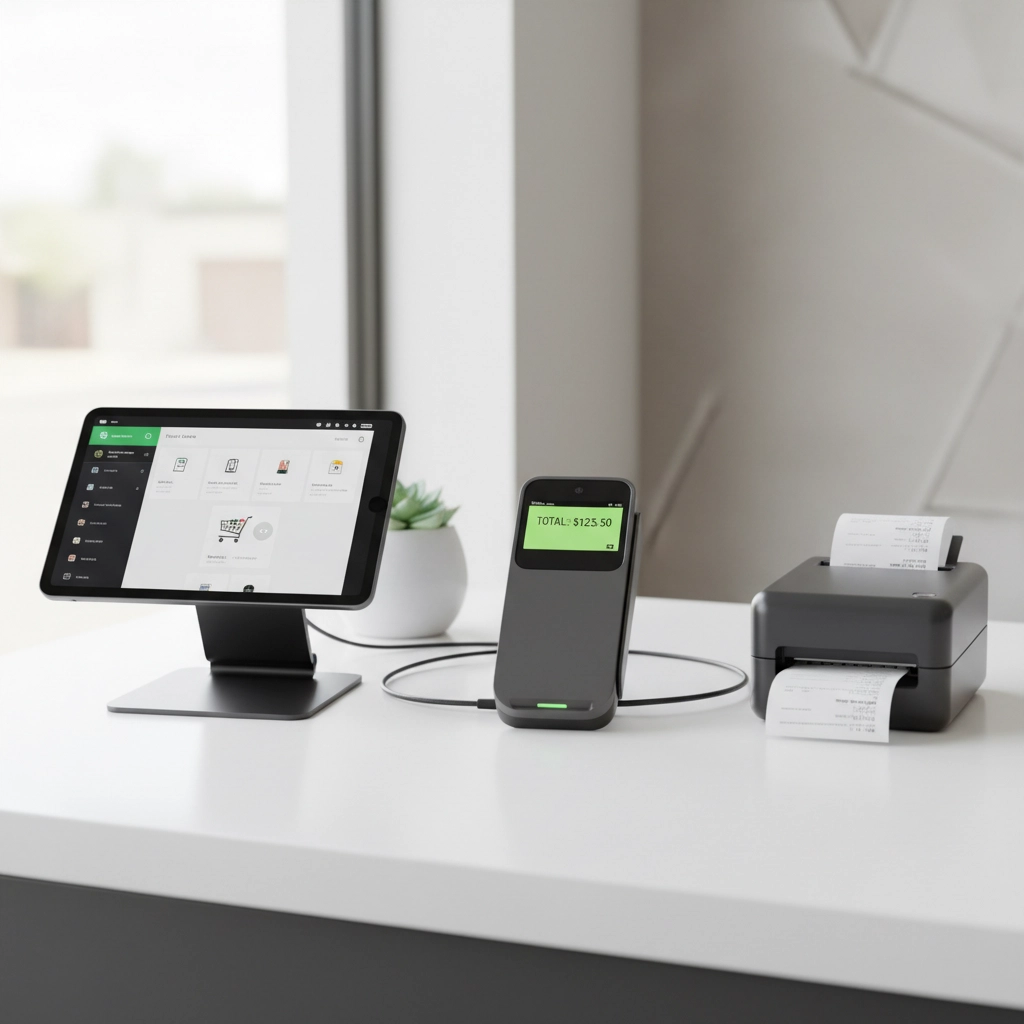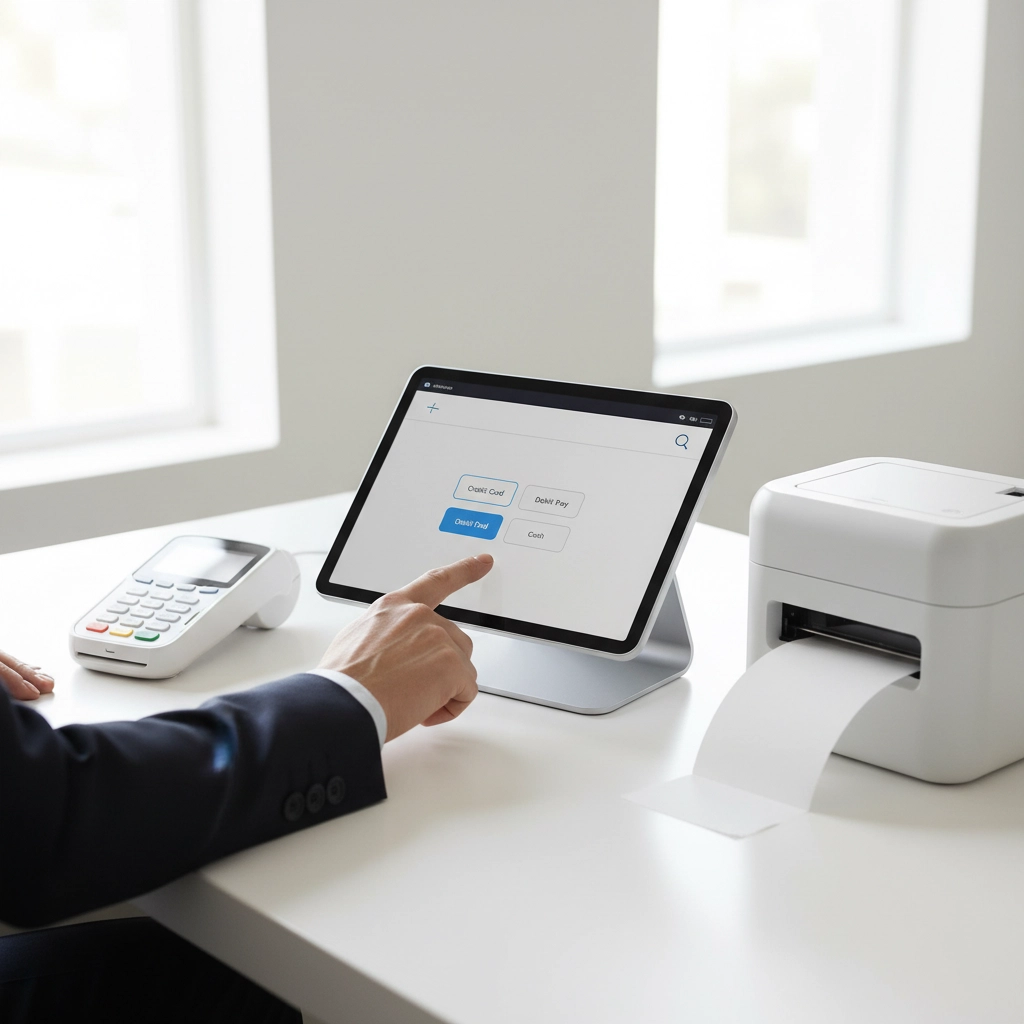Non Cash Adjustment Programs: 5 Legal Mistakes You're Making (And How to Fix Them Before 2026)
- pete2728
- Nov 19, 2025
- 5 min read
Non-cash adjustment programs: also called cash discount or surcharge programs: are becoming essential tools for small businesses fighting back against rising credit card processing fees. But here's the problem: many business owners are making critical legal mistakes that could cost them thousands in fines, customer disputes, or even lawsuits.
With new regulations rolling out in 2025 and stricter enforcement expected in 2026, now's the time to get your program compliant. According to recent industry reports from Digital Transactions and TSG Payments, businesses implementing these programs correctly are seeing 2-4% improvements in their profit margins: while those doing it wrong are facing regulatory headaches.
Let's dive into the five biggest legal mistakes small business owners make with non-cash adjustment programs and how to fix them before regulators come knocking.
What Are Non-Cash Adjustment Programs?
Before we jump into the mistakes, let's get clear on what we're talking about. Non-cash adjustment programs allow businesses to either offer a discount for cash payments or add a fee for card payments. The goal is simple: shift the cost of credit card processing away from your business and back where it belongs.
But here's where it gets tricky: the legal landscape varies dramatically depending on where you're located and how you structure your program.

Mistake #1: Ignoring State-Specific Regulations
The Problem: This is the big one. Business owners often assume that if surcharging is legal at the federal level, it's automatically legal in their state. Wrong.
According to the Retail Solutions Providers Association (RSPA), ten states still have laws restricting or prohibiting credit card surcharges: California, Colorado, Connecticut, Florida, Kansas, Maine, Massachusetts, New York, Oklahoma, and Texas. But even within these states, the rules are changing rapidly.
Recent Updates: TSG Payments reports that several states have modified their surcharge laws in 2025, with some allowing surcharges under specific conditions while others have clarified their cash discount policies.
The Fix:
Research your specific state's current regulations: don't rely on outdated information
Check local municipality rules, as some cities have their own restrictions
Consider cash discount programs instead of surcharges if you're in a restricted state
Consult with a payment processing attorney familiar with your jurisdiction
Pro Tip: Even if surcharging becomes legal in your state, existing contracts with customers might prohibit it, so review your agreements carefully.
Mistake #2: Failing to Properly Disclose Fees to Customers
The Problem: Many businesses think a small sign by the register is enough. It's not. Federal and state disclosure requirements are specific and strict.
Digital Transactions recently highlighted several court cases where businesses faced lawsuits because their disclosure practices didn't meet legal standards. Customers successfully argued they weren't properly informed about surcharges before completing their transactions.
Current Requirements:
Written disclosure at the point of entry to your business
Clear signage at the point of sale
Verbal notification before processing the transaction
Specific language requirements that vary by state
The Fix:
Post clear, visible signs at all entrances stating your surcharge policy
Ensure your POS system displays the surcharge amount before the customer authorizes payment
Train staff to verbally inform customers about surcharges during the transaction process
Use the exact wording required by your state's regulations: generic language isn't enough

Mistake #3: Not Coordinating Properly with Your Payment Processor
The Problem: You can't just decide to start surcharging tomorrow. Your payment processor needs to support surcharge programs, and there are specific technical requirements for implementation.
TSG Payments data shows that improperly implemented surcharge programs are one of the leading causes of compliance violations. Without proper processor coordination, you might be violating card network rules without even knowing it.
What Goes Wrong:
Processors that don't support surcharging properly
Incorrect surcharge amounts being applied
Surcharges applied to prohibited transaction types
Missing required transaction data
The Fix:
Contact your processor before implementing any surcharge program
Ensure they specifically support compliant surcharge processing
Verify your POS system can handle the technical requirements
Test the system thoroughly before going live
Request documentation showing your setup meets all card network requirements
CardPlus customers benefit from built-in compliance features that automatically handle proper surcharge implementation and reporting: learn more about our dual pricing solutions.
Mistake #4: Surcharging Prohibited Transaction Types
The Problem: Not all transactions can legally include surcharges. This is where many businesses get into serious trouble with card networks and regulators.
According to recent RSPA guidelines, businesses commonly make these prohibited surcharge mistakes:
Transactions You CAN'T Surcharge:
Debit card transactions (in most states)
Prepaid card transactions
Business-to-business transactions (in some states)
Government payments
Transactions under certain dollar amounts (varies by state)
The Fix:
Understand exactly which transaction types you can and cannot surcharge
Program your POS system to automatically exclude prohibited transactions
Train staff to recognize different card types
Implement clear policies for handling business customers
Regularly audit your transactions to ensure compliance

Mistake #5: Improper Technology Implementation
The Problem: Your POS system and payment setup need to handle surcharges correctly from a technical standpoint. Many businesses use outdated systems or improper configurations that create compliance issues.
Digital Transactions reports that technology-related compliance failures are increasing as more businesses adopt surcharge programs without upgrading their systems properly.
Common Technical Mistakes:
Using POS systems that can't properly calculate and display surcharges
Incorrect surcharge percentages programmed into the system
Missing required transaction reporting
Inability to separate surcharge amounts for tax purposes
Poor integration between POS and payment processing systems
The Fix:
Invest in modern POS technology that supports compliant surcharge programs
Ensure your system can automatically calculate correct surcharge amounts
Verify that surcharge data is properly recorded and reported
Test all integration points between your POS and payment processor
Maintain detailed records of all surcharged transactions
Looking to upgrade your payment technology? Check out our guide on modern payment terminals vs outdated systems to see what features you need for compliant surcharge programs.
Getting Ready for 2026: Enhanced Enforcement Coming
Industry sources including TSG Payments and RSPA are warning that 2026 will bring enhanced enforcement of surcharge regulations. State attorneys general are ramping up compliance investigations, and card networks are implementing stricter monitoring systems.
What This Means for You:
Higher penalties for violations
More frequent compliance audits
Increased customer complaints and potential lawsuits
Greater scrutiny from regulators
Steps to Take Now:
Conduct a complete compliance audit of your current program
Document all policies and procedures
Train staff thoroughly on proper procedures
Update your technology if needed
Establish regular compliance review processes

The Bottom Line: Compliance Pays
Getting your non-cash adjustment program legally compliant isn't just about avoiding penalties: it's about maximizing your savings while protecting your business. Properly implemented programs can save small businesses thousands annually in processing fees.
But cutting corners on compliance will cost you more in the long run. The businesses succeeding with these programs are the ones investing in proper setup, technology, and ongoing compliance management.
Ready to implement a compliant non-cash adjustment program? CardPlus specializes in helping small businesses navigate these complex regulations while maximizing their savings. Our systems are designed with built-in compliance features that automatically handle the technical requirements, and our team stays current on all regulatory changes.
Don't wait until 2026's enhanced enforcement catches you off guard. Contact us today to discuss how we can help you implement a legally compliant program that actually saves you money.
Sources: This article references current industry information from TSG Payments (https://tsgpayments.com/newsfilter/), Digital Transactions, and the Retail Solutions Providers Association (RSPA). Regulations vary by state and change frequently: always consult with qualified legal counsel for your specific situation.

Comments